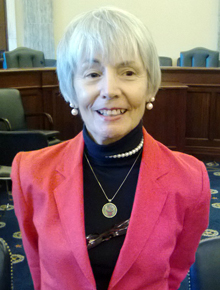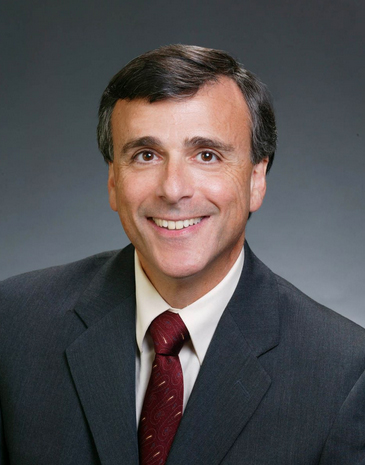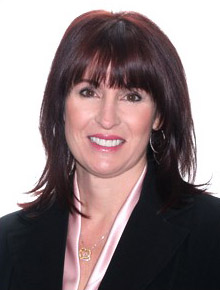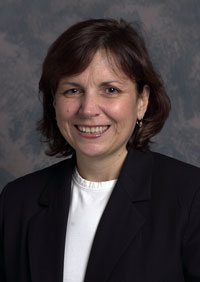
Last Tuesday, September 30, DBSA participant Trudy Lapin shared her story during two Congressional briefings sponsored by the Partnership for Part D Access. Trudy used her time to explain to Congressional staff from both the House and the Senate why a proposed regulation by CMS to restrict access to medication that aids in the treatment of mood disorders is misguided. You can read Trudy’s statement below, and learn how you can share your story with your own elected officials.
Treatment is not one size fits all
Although I was first diagnosed officially with major depression in 1993, signs of that particular mood disorder appeared in childhood. While attending college, an over achieving pattern went into high gear. I elected a double major in French and English literature with a minor in secondary education. I graduated with highest honors; accepted a full fellowship to Yale Graduate School to pursue my doctorate in Romance Languages and Literatures; taught French language, literature, and film at Yale College and at the University of Chicago; and was awarded a National Endowment for the Humanities grant, where I enjoyed the privilege of working with humanities scholars at Princeton University.












Connect With Us